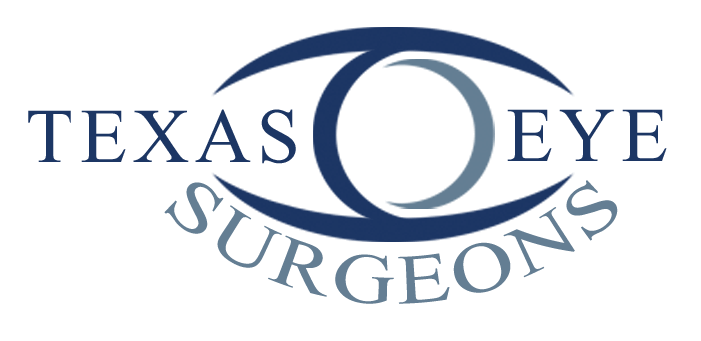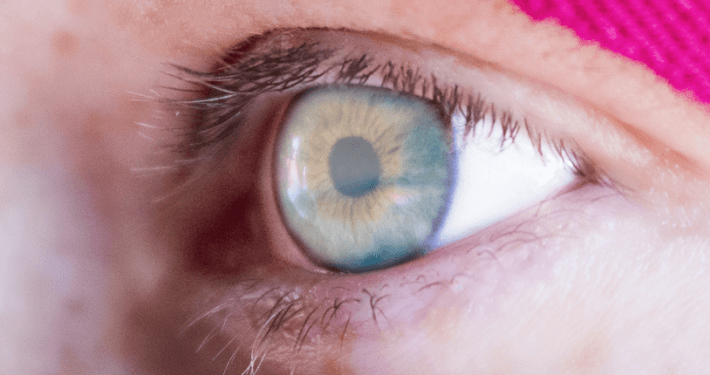Age-Related Macular Degeneration (AMD)
As many as 11 million men and women in the U.S. have some form of macular degeneration, a progressive eye disease that causes central vision loss. Also called age-related macular degeneration or AMD, the disease is a leading cause of permanent vision loss in the U.S. and around the world. Getting early diagnosis and proper treatment is the key to maintaining optimal vision. Here at Texas Eye Surgeons in Plano, TX we can help.
What is AMD?
When light enters your eye, it travels to the light-sensitive retina located at the back portion of the eye. The retina contains many photoreceptor cells that react to light. Many of these cells are concentrated in the central portion of the retina in an area called the macula. Macular degeneration is a progressive eye disease that causes this central portion to break down and degrade over time, causing problems with central vision. Over time, macular degeneration may lead to permanent loss of central vision, interfering with your ability to read, use a computer, watch television or even recognize faces.
What Symptoms Does AMD Cause?
Macular degeneration often causes no symptoms in its earliest stages, and many people won’t realize they have a problem until permanent vision loss or vision distortion becomes evident. Many people with AMD will notice an increase in the numbers of “floaters” – those tiny squiggly lines and dots that seem to float across your field of vision, especially when you’re looking at bright objects. Floaters occur when the liquid portion of your eye called the vitreous begins to thin and break down, and tiny flecks of debris – floaters – drift in front of the retina, casting shadows we see as lines and dots. As the disease progresses, straight lines may appear distorted and blotches or black spots may appear in the central field of vision.
How AMD is Diagnosed by Your Opthalmologist
Macular degeneration can be diagnosed during a comprehensive eye exam using special eye drops to widen your pupil. A bright light and magnifying device will be used to look through your pupil to assess the retina including its central macula to look for signs associated with macular degeneration. You’ll also be asked about any visual symptoms you may be having, like an unusually large number of floaters.
AMD and Surgery
There is no cure for macular degeneration, but with proper care and ongoing management including surgery when appropriate, its effects may be minimized. People with macular degeneration need to be examined on a regular basis to determine how quickly the disease is progressing. Recent studies suggest some patients may benefit from taking special vitamin supplements, and eating a healthy diet, quitting smoking and wearing sunglasses with ample UV protection are also important. In some patients, laser surgery may also be an option for slowing down the progression of the disease to preserve central vision.
Choose a Top Ophthalmology Practice in Plano, TX.
As a leading ophthalmology practice in Plano, TX, Texas Eye Surgeons provides essential diagnostic services and treatment for patients with macular degeneration. Having your eyes evaluated on a regular basis is the key to early diagnosis and intervention. Contact Texas Eye Surgeons at (972) 379-3937 and schedule a consultation today.






